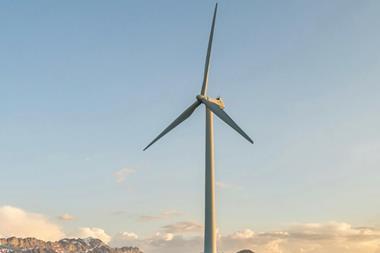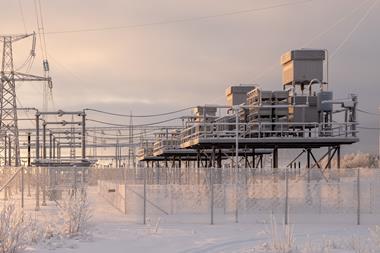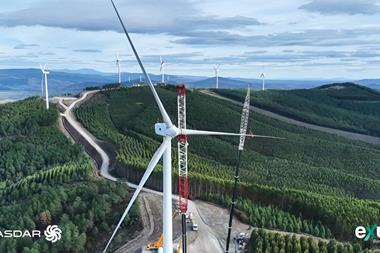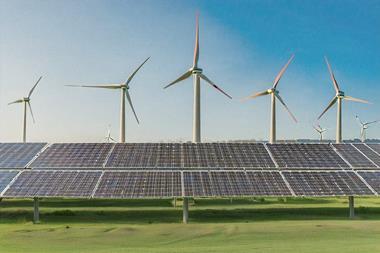Octopus Energy is making its first wind-farm investment in Germany and will build 10 onshore turbines that can generate 35 MW in Hessen, Frankfurt.
The company, which last year attracted financial backing from Canada Pension Plan Investment Board and Al Gore’s Generation Investment Management, said the construction of the Gaishecke wind farm would help Germany’s efforts to move away from a reliance on Russian gas.
The facility is to become operational by the end of 2023 and will generate almost 100,000 MWh, estimated to be enough green energy to power nearly 40,000 households a year. Octopus said this would offset close to 60,000 tonnes of CO2 a year, the same as taking 30,000 petrol cars off the road.
The company bought the rights for the construction of the wind farm from a German consortium of Linden Projekt, FH Beteiligungs and ISB.
Octopus is aiming to quickly ramp up its generation portfolio in Germany and said its fund management team is already scoping out further sites. By 2030, the company is planning to operate 1,200 MW of wind and solar farms across the country.
Alex Brierley, co-head of fund management at Octopus Energy Generation, said: “As one of Europe’s largest green-power investors, we’re excited to be expanding into new markets as we continue to scale globally.
“Germany’s wind market is world-leading, but there’s still huge potential for further development. We’re looking forward to helping scale the market further as we build and invest in more wind farms over the coming months.”
Peter Dias, investment director of fund management at Octopus Energy Generation, said: “There’s a significant investment opportunity to accelerate the transition to a future powered by renewable energy. We’re delighted to be working with institutional investors to help pension savers’ money make a positive difference.”
Octopus Energy Generation manages 3 GW of renewable energy assets across Europe. The company said it was stepping up its generation capabilities and planned to create 18 GW of clean energy generation projects across the world by 2027.























